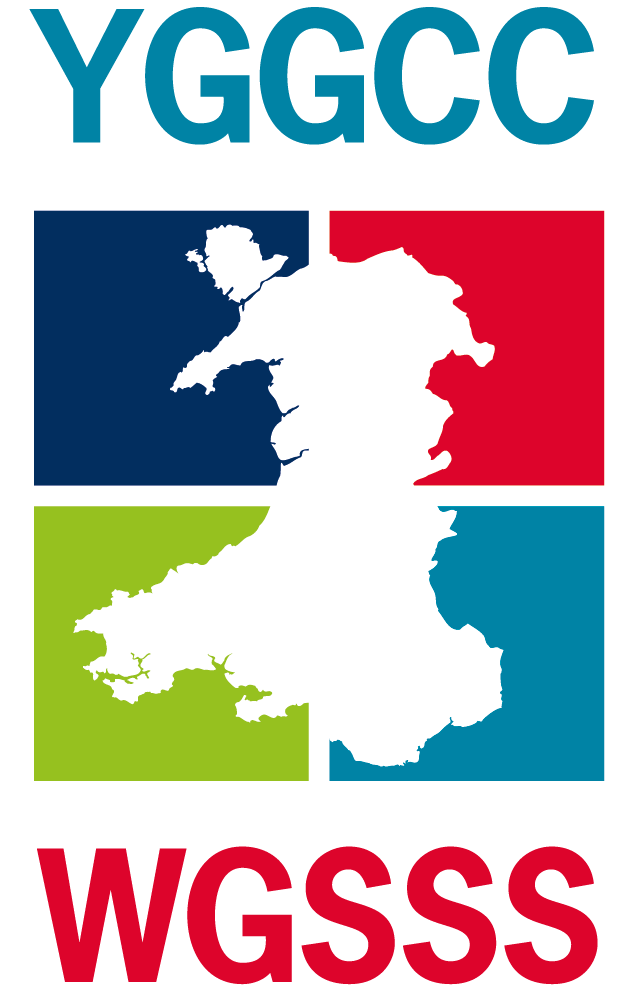

Cardiff Metropolitan University
Lead supervisor:
Dr Carwyn Jones ![]()
Other supervisor(s):
Start date: September 2022
Award: General
Subject Pathway:
Sport and Exercise Science
Thematic Cluster:
Society and Well-Being Cluster
Sport and character: Reflections on using sport in character education within Wales
Character has many dimensions, and can be broken down into at least six domains. These are the social, moral, civic, performance, meliorating and intellectual domains. There has been recent interest in how sport can be a useful avenue through which one can develop these character domains (Bredemeier and Shields, 2019). Holistic approaches to character such as that suggested by Bredemeier & Shields offer a vision of character that embraces both individual and collective concerns. This has been a recent concern by authors such as Jerome & Kisby (2020) who argue that character education in the UK neglects this collective domain and rather focuses on character at the individual level.
The current project will build upon these ideas by systematically justifying the different domains of character that sport can build with special focus on the most neglected domain in the philosophy of sport literature, i.e. the meliorating domain (McNamee, 2006). Meliorating virtues are defined as virtues that ‘focus on common life/endeavour being more tolerable’ (Pincoffs, 1986, p.87). Examples of these are tolerance and decency. According to Pincoffs, they act as an intermediate domain that help in the development of the other domains of character. This systematic justification will then be tested and expanded on by interviewing coach experts who work in team sport settings and coach youth level sport.
To conclude, the project will ask the following questions:
1) How do we define good character?
2) How can sport help in character development?
3) Are meliorating virtues given sufficient attention by coaches?
4) What are coaches' perceptions and competencies regarding using sport for character development?
5) what recommendations relevant to the Welsh context can be given regarding using sport for character development?
The success of the project will rest upon balancing theoretical and applied approaches to research, a balance not easy to find in work related to the philosophy of sport (Elcombe, 2018). The hope is that the recommendations that come out of this study can begin to answer calls for character education research focused on producing “lasting, coherent or cohesive change” (Conroy, 2020).
Bibliography
1) Bredemeier, B. L. & Shields D. L. (2019). Social justice, character education and sport: A position statement. Quest, 71(2), 202-214, DOI:10.1080.00336297.2019.1608270
2) Conroy, J. C. (2020). Chaos or coherence? Future directions for moral education. Journal of Moral Education, 50(1), 1-12, DOI: 10.1080/03057240.2020.1830578.
3) Elcombe, T.L (2018) Sport philosophy inquiry in 3D: A pragmatic response to the (sport) philosophy paradox. Sport, Ethics and Philosophy, 12(3), 317-333, DOI: 10.1080/17511321.2017.1377758
4) Jerome, L., & Kisby, B.(2020). Halting the rise of character education in Britain. British Educational Research Association.
5) McNamee, M. (2006). Olympism, Eurocentricity, and Transcultural Virtues. Journal of the Philosophy of Sport, 33(2), 174-187, DOI: 10.1080/00948705.2006.9714700
6) Pincoffs, E. (1986). Quandaries and Virtues: Against Reductivism in Ethics. University Press of Kansas.
